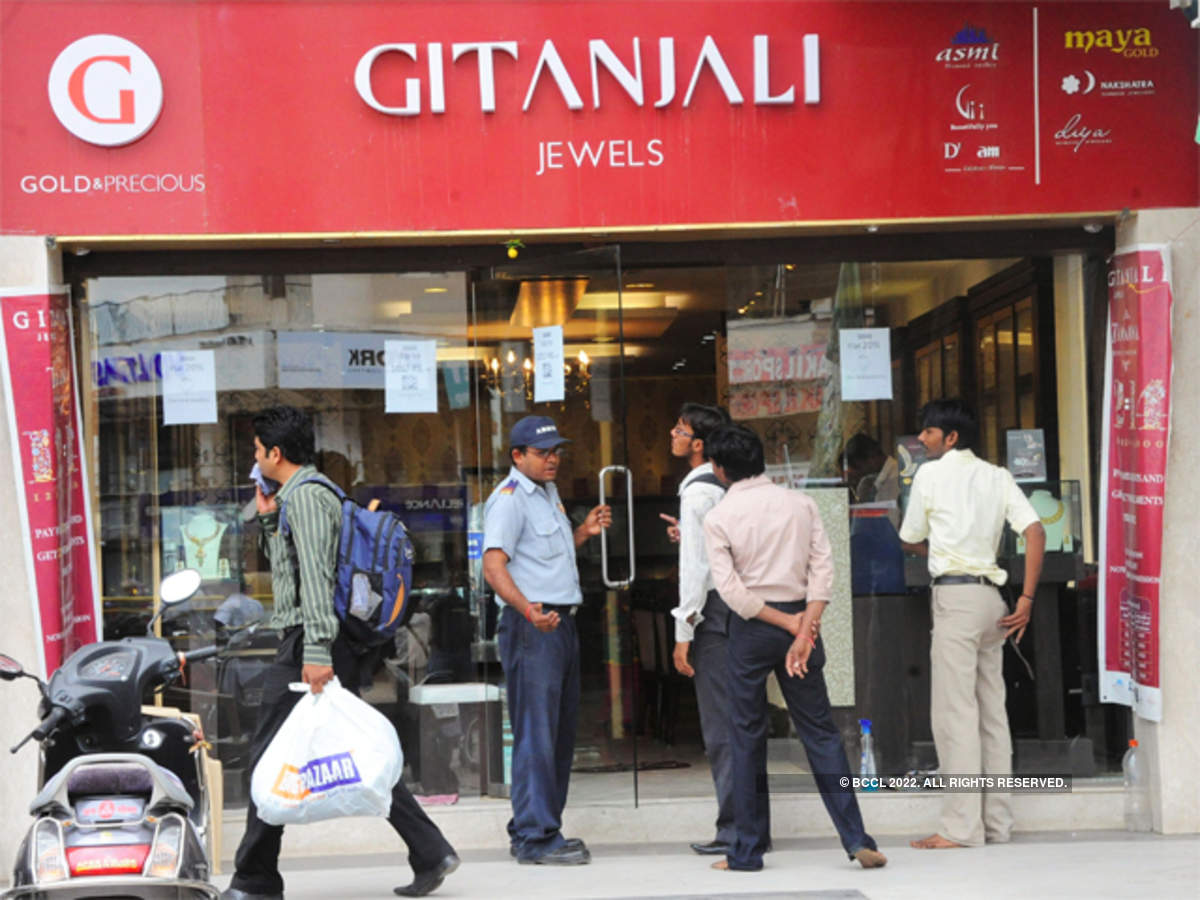
The public sector banks have written off loans worth about Rs 10 lakh crore in the last five financial years. Curiously, the write-offs have happened at a juncture when ED has been given more teeth
It was on March 28 this year that the RBI had released the data claiming that recovery made by public sector banks during the financial year as a percentage of gross non-performing assets had improved from 11.33% in 2017-18, to 13.52% in 2018-19, to 14.69% in 2019-20. However, the cat was out of the bag when on August 2, the Minister of State for Finance Bhagwat K Karad said in a written reply in the Rajya Sabha that banks had written off loans worth about Rs 10 lakh crore in the last five financial years.
The Public Sector Banks have written off loans worth about Rs 10 lakh crore in the last five financial years. The write-off amount was Rs 1.57 lakh crore in 2021-22, Rs 2.02 lakh crore in 2020-21, Rs 2.34 lakh crore in 2019-20, Rs 2.36 lakh crore in 2018-19, and Rs 1.61 lakh crore in 2017-18. This amounted to Rs. 9.91 lakh crore written off in the last five years.
During 2021-22, the write-off amount came down to Rs 1,57,096 crore compared to Rs 2,02,781 crore in the previous year. In 2019-20, the write-off was worth Rs 2,34,170 crore, down from Rs 2,36,265 crore, the highest in five years recorded in 2018-19. During 2017-18, the write-off by banks stood at Rs 1,61,328 crore. In all, bank loans to the tune of Rs 9,91,640 crore have been written off in the last five years–2017-18 to 2021-22.
The written off loans raise questions. How could it happen at a juncture when ED is very strong. The Enforcement Directorate attaches assets worth Rs 19,111 crore, up to March 23, 2022, under the provisions of Prevention of Money Laundering Act, 2002 in certain cases of loan fugitives, which is 84.61% of the defrauded amount of Rs. 22,586 crore in these cases. Out of these attached assets, assets worth Rs. 15,113 crore, which is 66.91% of the defrauded amount, has been restituted to PSBs.
It may be noted that the Centre had issued directions to deal with wilful bank loan defaulters or fugitive economic offenders. For this, a Look Out Circular can be opened by the Bureau of Immigration in respect of Indian citizens and foreigners on the request of an authorized originator. The authorised person includes an officer not below the rank of Deputy Secretary to the Government of India; or an officer not below the rank of Joint Secretary in the State Government; or District Magistrates; or Superintendents of Police; or designated officers of various law enforcing and security agencies; or designated officer of Interpol; or Chairman/Managing Director/Chief Executive of all Public Sector Banks; or as per directions of any Criminal Court in India.
Minister of State for Home Affairs, Nityanand Rai said, “The Immigration Authorities can detain as well as prevent any person, including a wilful defaulter, from leaving India against whom LOC has been issued. Bureau of Immigration has opened 83 LoCs till now at the behest of banks”. Fugitive Economic Offenders Act, 2018 has been enacted for effective action against economic offenders fleeing Indian jurisdiction. It provides for attachment and confiscation of property of fugitive economic offenders and disentitles them from defending any civil claim. Further, the government has advised Public Sector Banks to obtain certified copy of the passport of promoters and directors and other authorised signatories of companies availing of loan facilities of more than Rs 50 crore.
As per RBI, the CRILC data in respect of wilful defaulters is maintained from 2018-19 onwards. As per the data, the total number of wilful defaulters in the last four years stood at 10,306. The highest number of 2,840 wilful defaulters reported during 2020-21 was followed by 2,700 the next year. The number of wilful defaulters stood at 2,207 at the end of March 2019 that rose to 2,469 in 2019-20.
Sharing details of top 25 wilful defaulters at the end of March 2022, Karad said, Gitanjali Gems Ltd tops the list followed by Era Infra Engineering, Concast Steel and Power, REI Agro Ltd and ABG Shipyard Ltd.
Absconding diamantaire Mehul Choksi’s company Gitanjali Gems owes banks a whopping Rs 7,110 crore while Era Infra Engineering owes Rs 5,879 crore and Concast Steel and Power Ltd Rs 4,107 crore. Besides, REI Agro Ltd and ABG Shipyard have defrauded banks of Rs 3,984 crore and Rs 3,708 crore, respectively.
Other wilful defaulters like Frost International Ltd owes Rs 3,108 crore, Winsome Diamonds and Jewellery Rs 2,671 crore, Rotomac Global Private Limited Rs 2,481 crore, Coastal Projects Ltd Rs 2,311 crore and Kudos Chemie Rs 2,082 crore.
As per the information received from RBI, the number of cases of frauds of Rs 500 crore and above reported by Public Sector Banks/ Indian Banks (Except Foreign Banks) / Select Financial Institutions are 79 cases in 2019-20, 73 cases in 2020-21 and 13 cases in 2021-22 (up to 30th June 2021).
The RBI Master Circular on Frauds, 2015, observes that frauds are committed by unscrupulous borrowers by various methods including, inter alia, fraudulent discount of instruments, fraudulent disposal of pledged or hypothecated stocks, fund diversion, criminal neglect and mala fide managerial failure on the part of borrowers. The Master Circular also refers to certain other methods, which include forged instruments, manipulated account books, fictitious accounts, unauthorized credit facilities, fraudulent foreign exchange transactions, exploitation of “multiple banking arrangement”, and deficiency on the part of third parties with role in credit sanction and disbursement.
The government has issued “framework for timely detection, reporting, investigation etc. relating to large value bank frauds” to Public Sector Banks (PSBs), for systemic and comprehensive checking of legacy stock of their non-performing assets (NPAs), which provides, inter-alia, that all accounts exceeding Rs 50 crore, if classified as NPAs, be examined by banks from the angle of possible fraud, and a report placed before the bank’s Committee for Review of NPAs on the findings of this investigation. Also a report on the borrower be sought from the Central Economic Intelligence Bureau in case an account turns NPA. Fugitive Economic Offenders Act, 2018 has been enacted to deter economic offenders from evading the process of Indian law by remaining outside the jurisdiction of Indian courts.
The act provides for attachment of property of a fugitive economic offender, confiscation of such offender’s property and disentitlement of the offender from defending any civil claim. PSBs have been advised to obtain certified copy of the passport of the promoters/directors and other authorised signatories of companies availing loan facilities of more than Rs. 50 crore and, decide on publishing photographs of wilful defaulters, in terms of Reserve Bank of India (RBI)’s instructions and as per their Board-approved policy and to strictly ensure rotational transfer of officials/employees. The heads of PSBs have also been empowered to issue requests for Look Out Circulars. Instructions/advisories have been issued by the government to PSBs to decide on publishing photographs of wilful defaulters, in terms of RBI’s instructions and as per their Board-approved policy, and to obtain certified copy of the passport of the promoters/directors and other authorised signatories of companies availing loan facilities of more than Rs. 50 crore.
Top 10 wilful Defaulters
* Gitanjali Gems Ltd. : 7110 Crore Rupees
* Era Infra Engineering Ltd. : 5879 Crore Rupees
* Concast Steel and Power Ltd. : 4107 Crore Rupees
* REI Agro Ltd. : 3989 Crore Rupees
* ABG Shipyard Ltd.: 3708 Crore Rupees
* Frost International Ltd. : 3108 Crore Rupees
* Winsome Diamonds and Jewellery Ltd. : 2671 Crore Rupees
* Rotomace Global Pvt. Ltd. : 2481 Crore Rupees
* Coastal Projects Ltd. : 2311 Crore Rupees
* Kudos Chemie Ltd. : 2082 Crore Rupees












